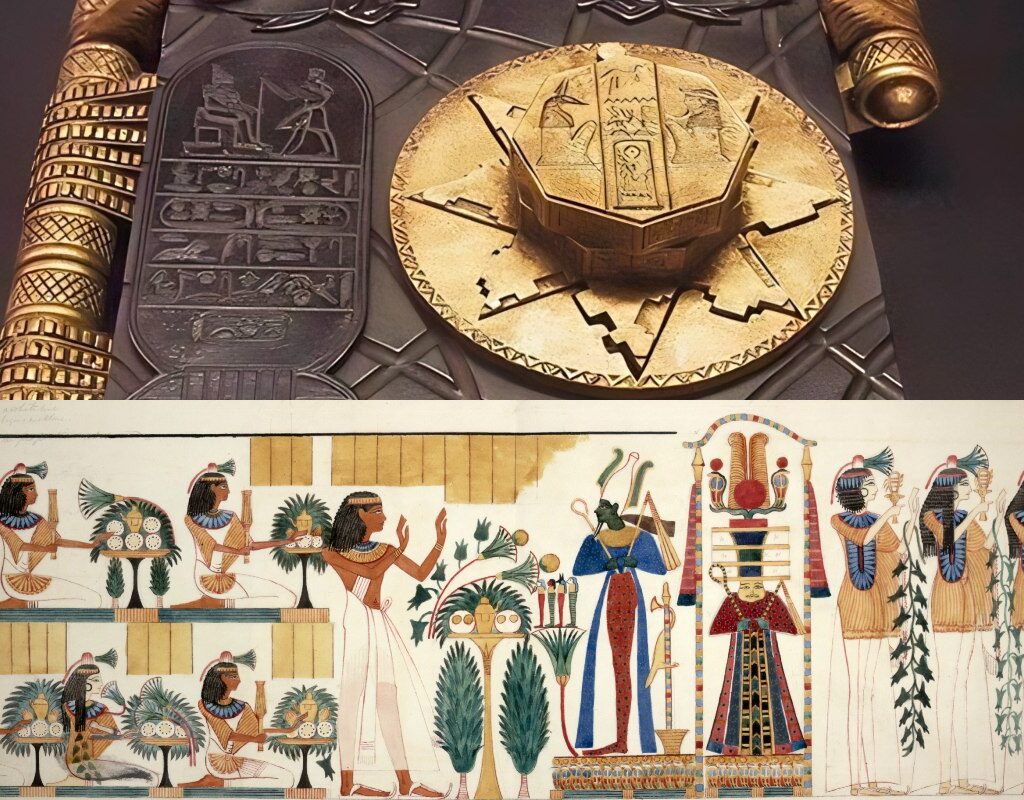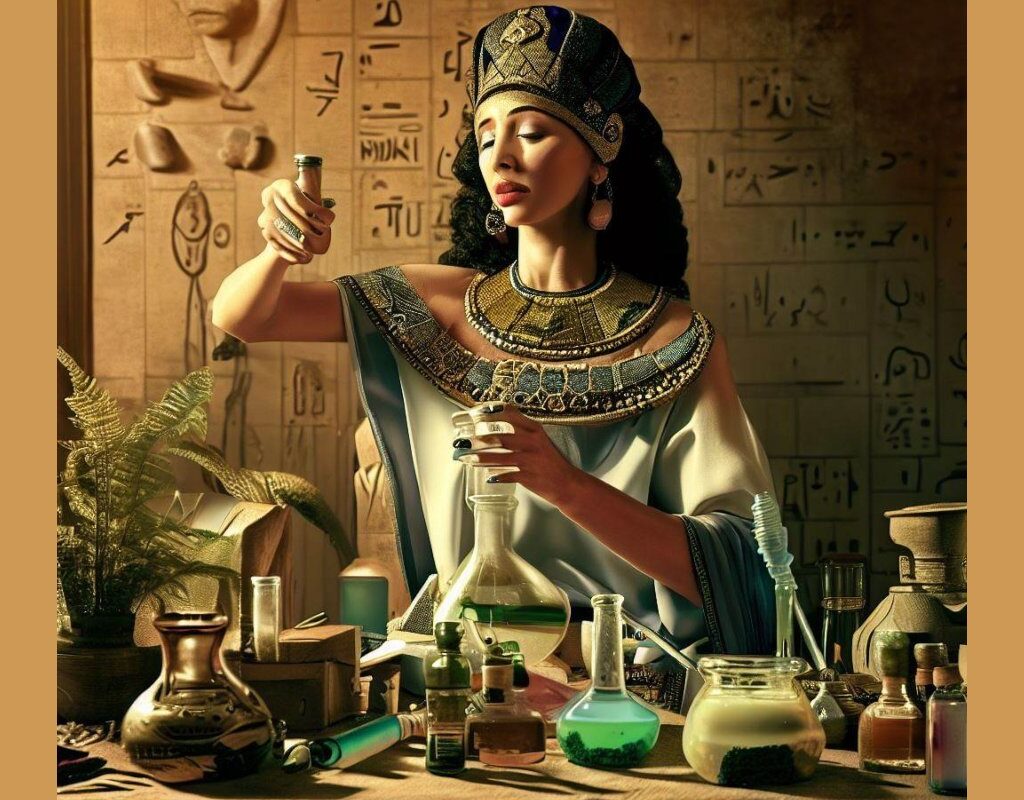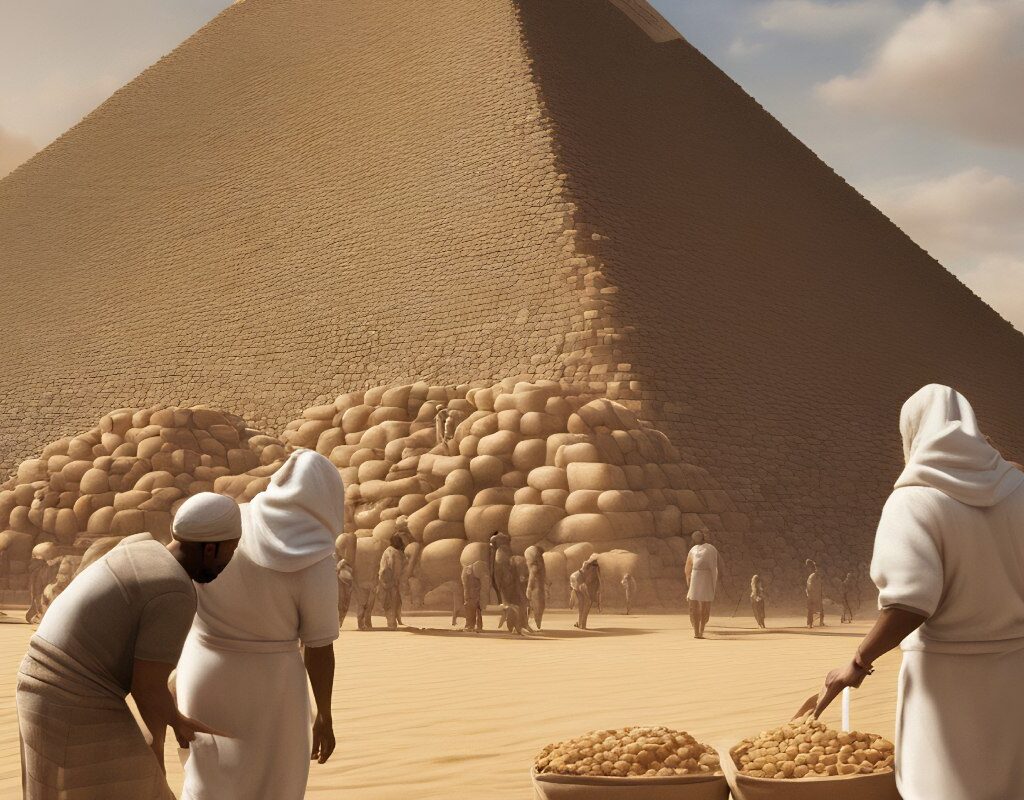Are you interested in ancient Egyptian culture? Have you ever heard of the Book of the Dead? If these questions pique your interest, we encourage you to continue reading. The Book of the Dead, as its name suggests, is a funerary text. Its purpose was to guide the deceased through their journey after death.
How the Book of the Dead Guided Souls to Eternal Life
The Book of the Dead is not just one book. It comprises various texts written on papyrus and inscribed on tombs. Today, this collection helps us delve deeper into the intricacies of ancient Egyptian beliefs.
Historical Context and Purpose
In ancient Egypt, the Book of the Dead held significant importance. Egyptians revered life and viewed death as a transition to eternal life. This transition can be likened to a challenging quest where one can only achieve spiritual immortality by overcoming several trials.
Navigating the afterlife was difficult, and without the Book of the Dead, nearly impossible. It provided guidance on reaching paradise and offered spells to survive the challenges of the afterlife, ultimately overcoming earthly death.
Origins and Evolution: From Pyramids to the Papyrus of Ani
The roots of the Book of the Dead trace back to the texts inscribed on pyramid walls around 2350 B.C. Initially, these inscriptions were meant for royal tombs to aid pharaohs in their afterlife journey.
Over time, the text expanded to include non-royals, indicating wider accessibility. The first known complete Book of the Dead, found on papyrus, dates to around 1250 B.C. — the famous Papyrus of Ani.
Discovered in Luxor in 1888 by E. A. Wallis Budge, it’s believed that over time, priests and scribes adapted the text as Egyptian beliefs evolved.
Symbols and Beliefs in the Book of the Dead
Understanding the rich and multifaceted culture of ancient Egypt is essential. The Book of the Dead is filled with symbols and metaphors that reveal the religious and cosmological beliefs of this society.
Notable symbols include the sacred scarab beetle, representing protection, and deities like Anubis and Osiris symbolizing rebirth and judgment. The book emphasizes morality, ethics, and preparation for the final judgment, where living a righteous life ensures eternal existence.
The spells serve practical purposes, whether for protection against specific threats or assistance during the final judgment, where one’s heart, a symbol of intellect and emotion, was weighed against the feather of Ma’at, the truth.
Discovery and Evolution of the Book of the Dead
Karl Richard Lepsius coined the term “Book of the Dead” in 1842 upon discovering such a text. Its origins remain uncertain as it evolved over centuries, possibly originating from oral traditions now lost to time.
Today, it is a vital resource for understanding ancient Egyptian culture, beliefs about the afterlife, societal morality, funeral practices, deity hierarchies, and cosmology.
Preservation and Digitalization
Since various versions of the Book of the Dead were uncovered, immense effort has gone into preserving the fragile originals. Advanced conservation techniques ensure their longevity. Modern technology has also enabled digitalization, offering broader access and deeper study.
Thus, the blend of past wisdom and modern technology enriches our understanding and appreciation of the Book of the Dead’s cultural and spiritual legacy.
Influence of the Book of the Dead in Modern Culture
The Book of the Dead has profoundly influenced modern literature, art, and popular culture. Its symbols and themes have inspired countless creators over the years.
It can be seen in literature, where authors incorporate its motifs, and in art, where Egyptian iconography flourishes. Its presence even extends to the Bible, with parallels between the Ten Commandments and the Book’s 42 denials.
Contemporary culture, from adventure movies like “The Mummy” to documentaries and even popular Egyptian-themed slot games named “Book of Dead”, further demonstrates its lasting impact.
Legacy of the Book of the Dead
We hope this article has sparked your interest in the ancient Egyptian world and the enduring wisdom of the Book of the Dead. This text stands as a testament to the beliefs and rituals of the ancient Egyptian civilization. Its preservation is vital for understanding and appreciating this remarkable culture that has significantly influenced our world.
Queen of the Nile: Cleopatra’s Intellectual Odyssey
Beyond the tales of romance and power, Cleopatra’s journey was one of intellect and discovery. Step into the world of the queen who sought knowledge above all.




